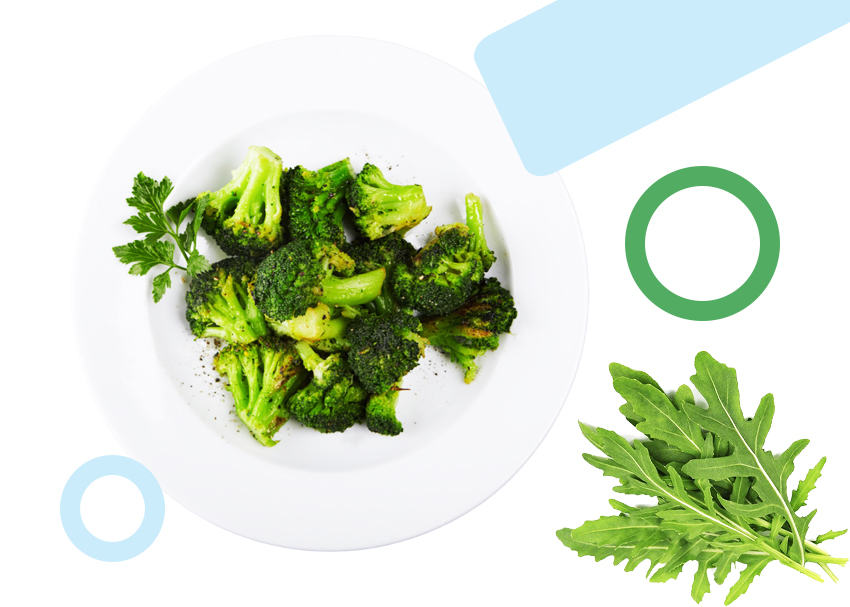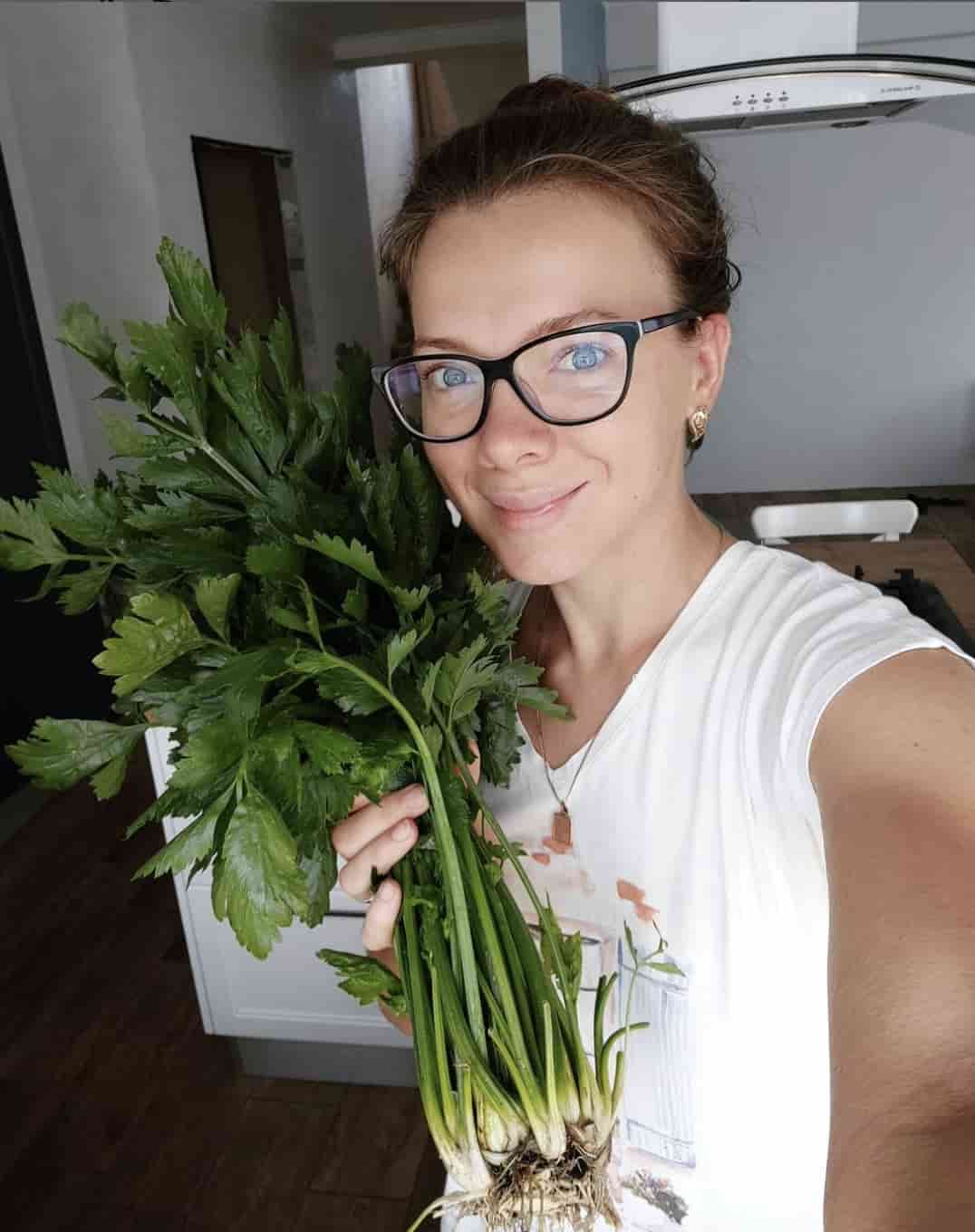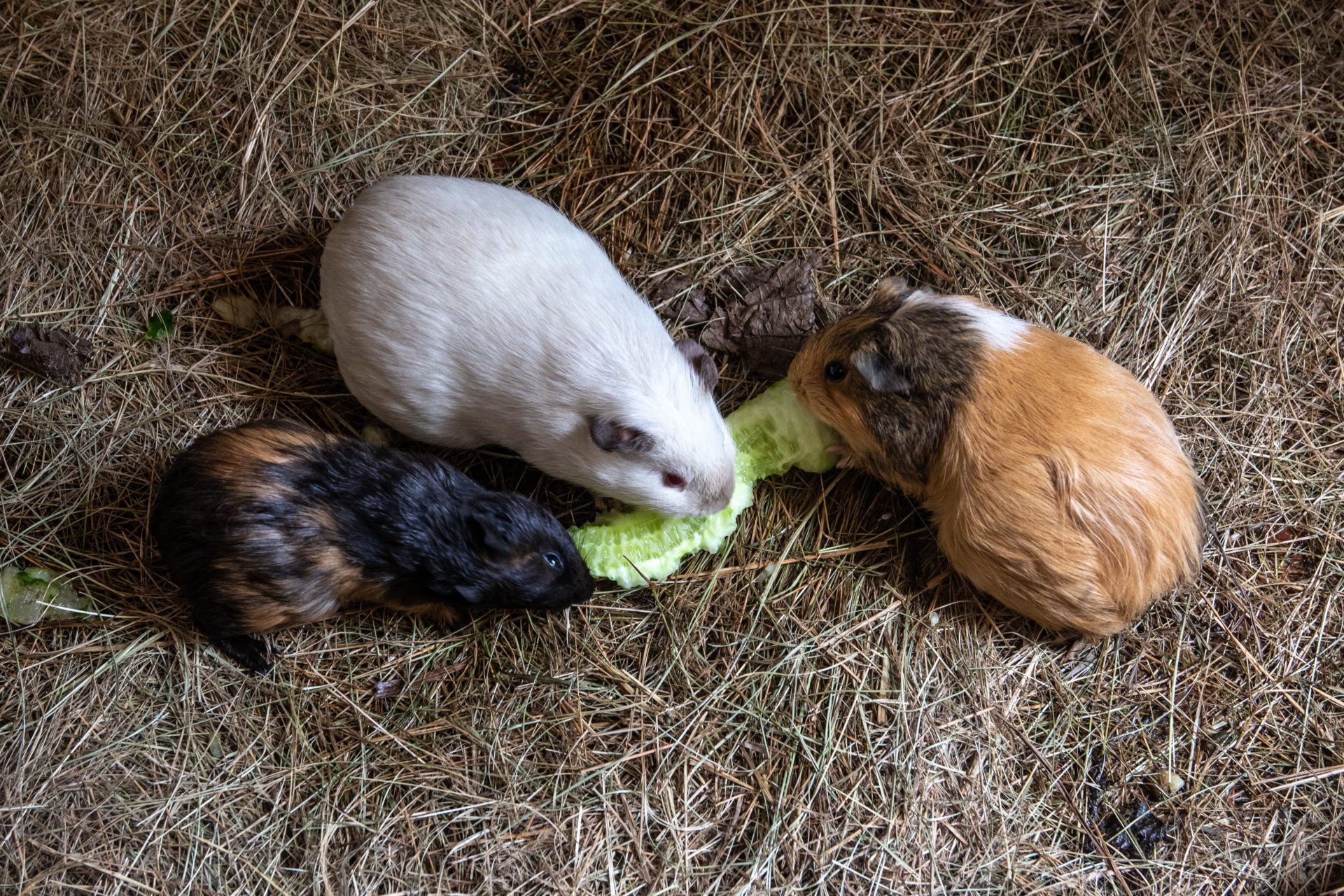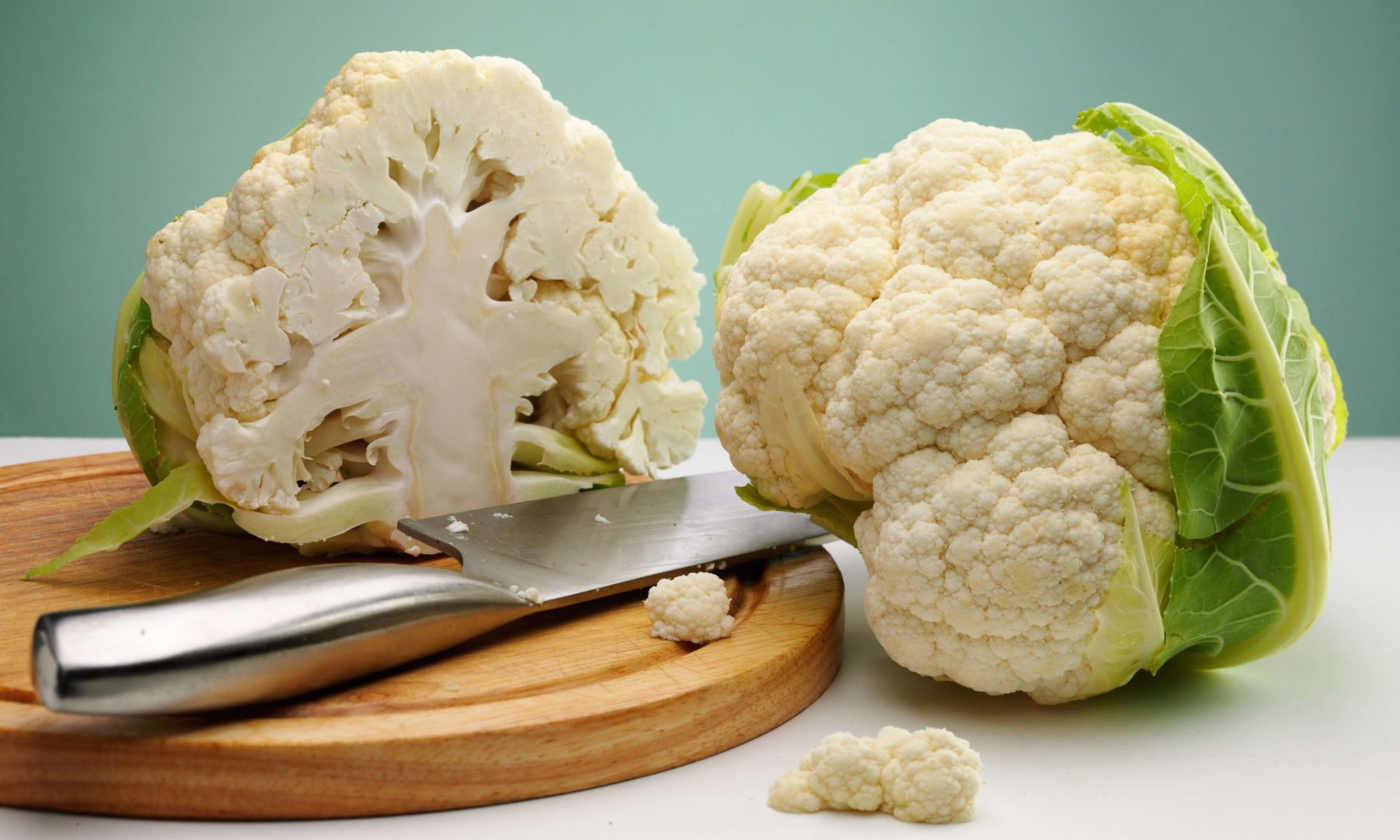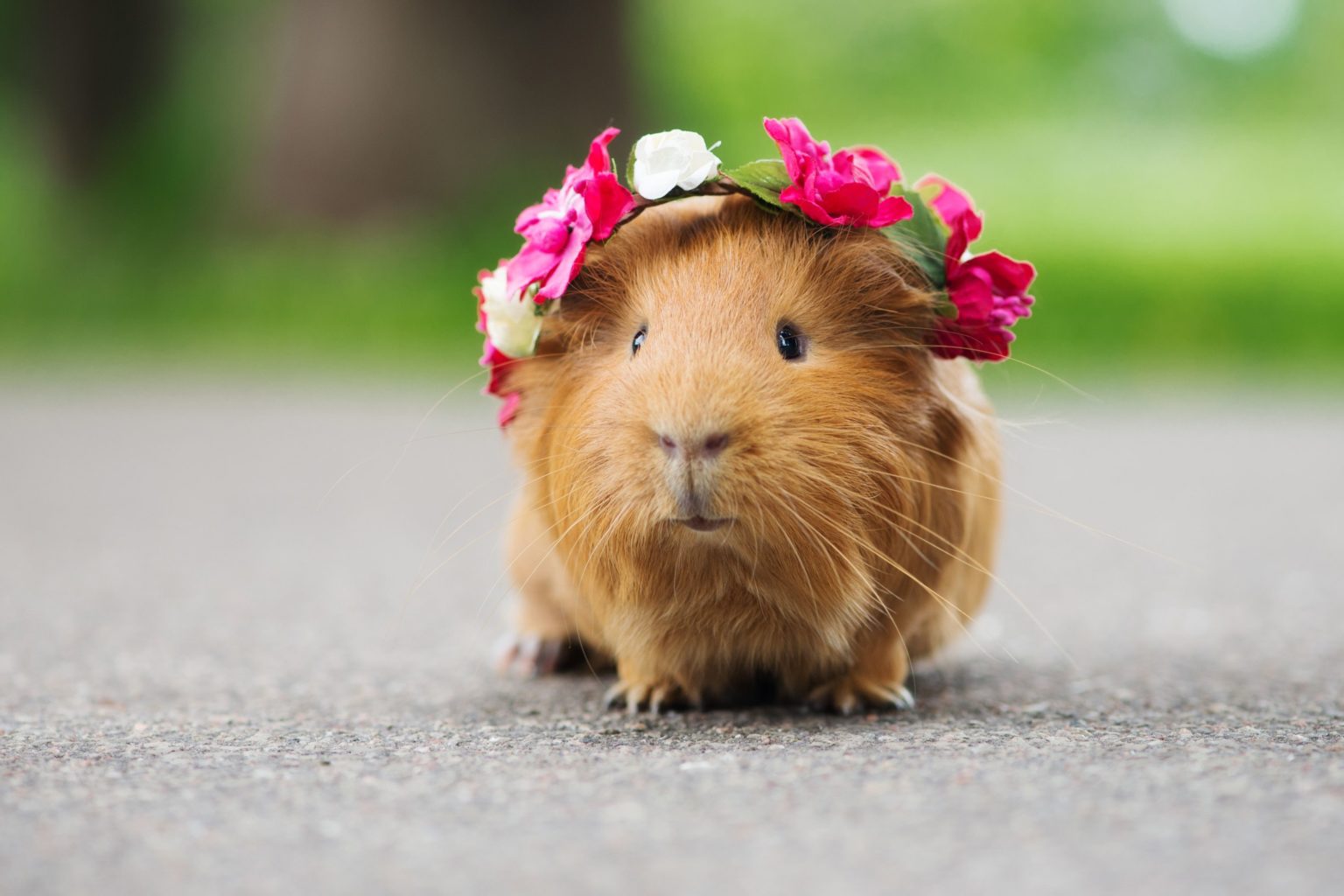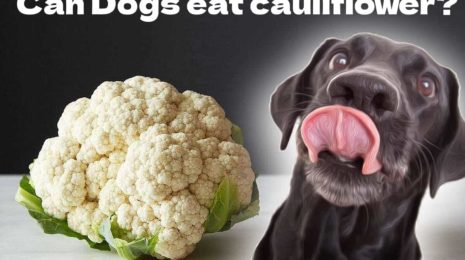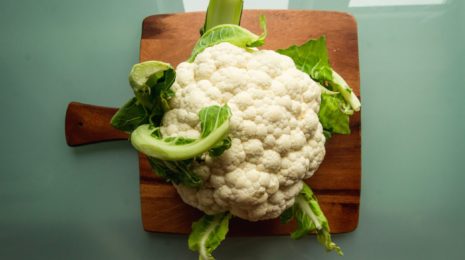One common question that arises is whether guinea pigs can safely eat cauliflower. In this comprehensive guide, we’ll explore the nutritional content of this cabbage, potential safety precautions, and the best practices for feeding this vegetable to your beloved cavy.
Guinea Pig Diet Basics
Before we move on to a review of this vegetable, let’s review the fundamental elements of a guinea pig’s diet. Guinea pigs are herbivores, and their diet primarily consists of hay, fresh vegetables, and pellets designed specifically for their nutritional needs.
The Importance of Hay and Fresh Vegetables in Their Diet
Hay is the foundation of a rodent’s diet, providing essential fiber for proper digestion and maintaining healthy teeth. Fresh vegetables supplement their diet with vital vitamins and minerals necessary for overall well-being.
The Nutritional Value of Cauliflower
Cauliflower is a cruciferous vegetable that offers various essential nutrients. It contains vitamin C, vitamin K, vitamin B6, folate, potassium, and dietary fiber, making it a potentially valuable addition to your rodent’s diet.
Vitamins and Minerals in Cauliflower and Their Benefits For Guinea Pigs
The vitamins and minerals in this vegetable can contribute to your rodent’s overall health. Vitamin C, in particular, is crucial for their immune system and helps prevent scurvy, a common health issue in cavy.
Can Guinea Pigs Eat Cauliflower?
Yes, guinea pigs can eat cauliflower, but it should be fed to them in moderation. While cauliflower is not toxic to rodents, it is essential to understand some safety concerns before adding it to their diet.
Safety Concerns
One concern with this cabbage is its high levels of calcium and phosphorus, which may not be suitable for guinea pigs in large quantities. Excessive calcium intake can lead to urinary problems, including the formation of bladder stones, a condition that can be painful for these small animals.
Moderation is Key
To ensure the well-being of your rodent, vegetables should be considered an occasional treat rather than a regular part of their diet. A small piece once or twice a week is sufficient.
Is cauliflower good for guinea pigs?
When fed in moderation, cauliflower can offer some health benefits to your rodent.
Is cauliflower bad for guinea pigs?
While eating this vegetable in moderation can be healthy, it’s important to be aware of any hazards or negative consequences.
Can cause gas and bloating
Some rodents may be more sensitive to certain foods, including cauliflower, and may experience gas or bloating after consuming them. If you notice any digestive issues, it’s best to avoid feeding cauliflower to your pet.
Diarrhea
If this cabbage is overfed or introduced too soon, guinea pigs may experience diarrhea and digestive distress. Always monitor your pet’s reaction and adjust their diet accordingly.
Introducing Cauliflower to Your Guinea Pig
If you’re introducing cauliflower to your rodent’s diet for the first time, it’s essential to do so gradually.
Preparing Cauliflower for Guinea Pigs
It is crucial to properly prepare this vegetable before giving it to guinea pigs.
Washing and Cutting
Before serving cauliflower to your pet, make sure to wash it thoroughly to remove any pesticides or dirt. To reduce choking risks, chop the vegetable into little pieces.
Cooking or Serving Raw
You can serve cauliflower to your cavy either cooked or raw. Raw cabbage can be crunchy and enjoyable for them, while cooked cabbage can be softer and easier to chew.
Other Vegetables for Guinea Pigs
Guinea pigs have a diverse array of vegetables they can enjoy. Some other safe options include bell peppers, cucumber, zucchini, broccoli, and leafy greens like spinach and romaine lettuce. Always research and introduce new foods with caution.
Conclusion
In conclusion, rodents can eat cauliflower as an occasional treat, but it should be offered in moderation. Remember to wash, cut, and serve cauliflower properly, and observe your pet’s reaction when introducing new foods. While cauliflower has its benefits, it’s essential to consider the potential risks and choose a balanced diet that meets all of your guinea pig’s nutritional needs.
FAQ
Yes, guinea pigs can eat both the leaves and stems of cauliflower. However, remember to offer them in moderation.
A small piece of cauliflower once or twice a week is sufficient. Avoid excessive amounts to prevent any potential health issues.
Yes, some vegetables, such as onions, garlic, and potatoes, should be avoided as they can be toxic to guinea pigs.
Fresh vegetables are always preferred for guinea pigs. Frozen vegetables may lose some of their nutritional value.
Pregnant guinea pigs have slightly different dietary needs. Consult a veterinarian to ensure their diet meets their specific requirements during pregnancy.
